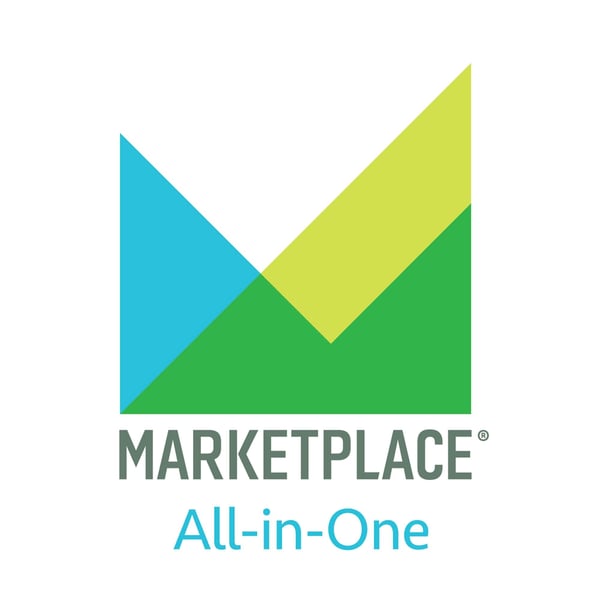Tariffs may be lower, but they're still disrupting supply chains
Marketplace All-in-One
Marketplace
4.8 • 1.3K Ratings
🗓️ 21 May 2025
⏱️ 8 minutes
🧾️ Download transcript
Summary
The Port of Los Angeles says 20% of container shipments this month were canceled in the wake of President Donald Trump's tariffs. Even though those tariffs were temporarily lowered, June is also looking to be a light month for shipping into that port. We'll hear what could be ahead, as well as how U.S. companies are responding to all the tariff back-and-forth. Also: What will the GOP's tax bill mean for taxpayers' bottom line?
Transcript
Click on a timestamp to play from that location
| 0:00.0 | This is it, folks. Our May fundraiser ends this Friday, and it's your last chance to help us reach an important goal with federal funding for public media, shall we say, on shaky ground. We're preparing for a future where we rely even more on you, our listeners. Your support powers trusted independent journalism about the economy and makes it accessible to millions of listeners. |
| 0:24.5 | Let's hit our goal before Memorial Day weekend. Give now at marketplace.org slash donate. |
| 0:30.7 | That's marketplace.org slash donate. |
| 0:36.3 | Tariffs may be less high, but they're still disrupting supply chains for a marketplace. |
| 0:42.9 | I'm Sabri Beneshore, in for David Bruncaccio. |
| 0:44.9 | The port of Los Angeles says 20% of container shipments this month were canceled in the wake of President Trump's tariffs. |
| 0:50.8 | Even though those tariffs were temporary lowered, June is also looking to be a light month for |
| 0:55.0 | shipping into that port. But after the low, there may be a surge. Judeo Levine is head of research |
| 1:00.1 | at logistics company, Fratos. The pause and ordering from China to the U.S. that we saw |
| 1:05.1 | since those higher tariffs were introduced in April is probably going to reverse right now. We're going to |
| 1:10.7 | see quite a strong rebound in demand for, you know, importers that had really paused |
| 1:15.3 | imports to a large extent over the last month. Levin says this should help limit shortages of some |
| 1:21.3 | goods, but it's all been very confusing and disruptive for a lot of U.S. businesses. Marketplaces |
| 1:26.3 | Mitchell Hartman has more on that. |
| 1:28.5 | The global credit insurer Allianz trade recently surveyed 4,500 exporting firms in the U.S., Europe, |
| 1:35.7 | and Asia. It found more than six in ten U.S. firms planned to reroute supply chains from |
| 1:41.6 | China to avoid tariffs, shifting primarily to suppliers in Western Europe |
| 1:46.1 | and Latin America. More than half plan to increase prices to offset tariff costs. Senior economist |
| 1:53.2 | Maxime Darmé says there may be some reshoring to the U.S. in high-value-added sectors like |
| 2:00.1 | automaking, semiconductors, and pharmaceuticals, but in high-value-added sectors like automaking, semiconductors, and pharmaceuticals. |
| 2:02.8 | But in low-value-added sectors... |
| 2:05.3 | Toymaking, textiles. There's no way they're going to resort to the U.S. because the labor cost is |
... |
Transcript will be available on the free plan in 2 days. Upgrade to see the full transcript now.
Disclaimer: The podcast and artwork embedded on this page are from Marketplace, and are the property of its owner and not affiliated with or endorsed by Tapesearch.
Generated transcripts are the property of Marketplace and are distributed freely under the Fair Use doctrine. Transcripts generated by Tapesearch are not guaranteed to be accurate.
Copyright © Tapesearch 2025.

